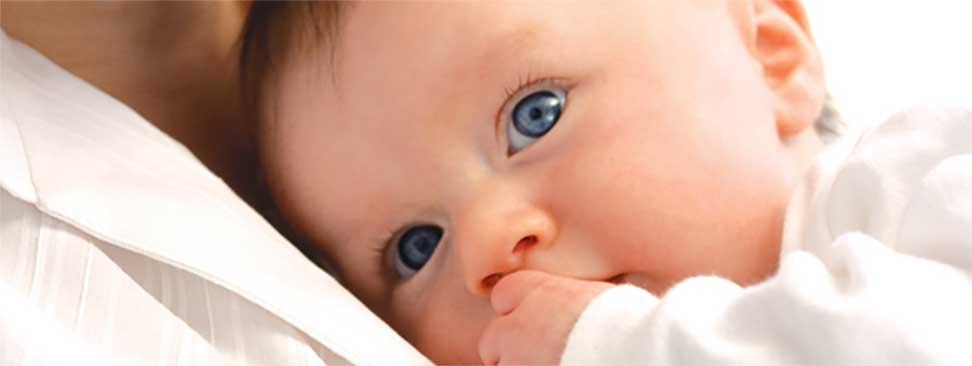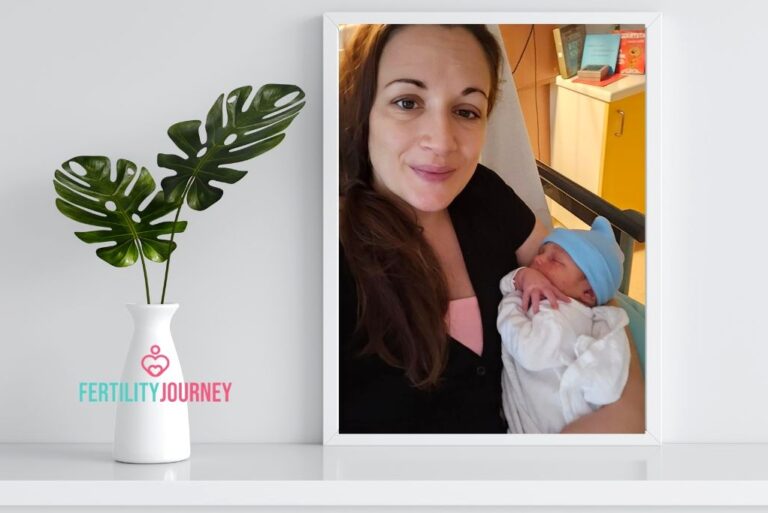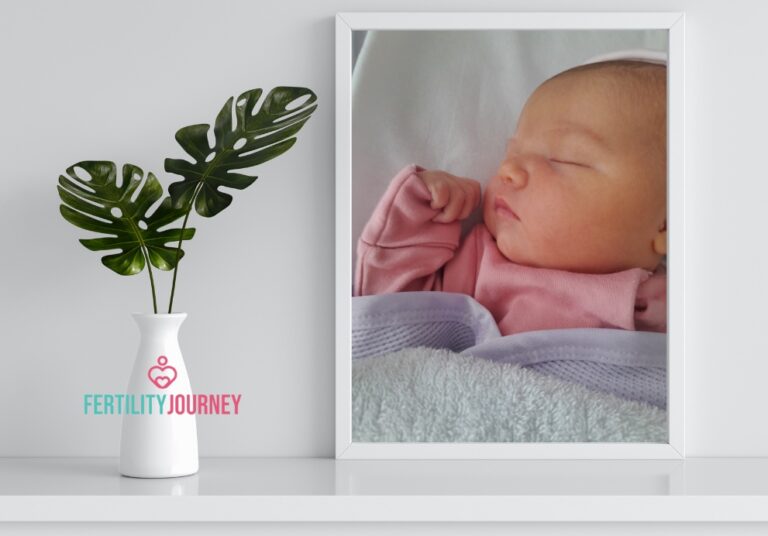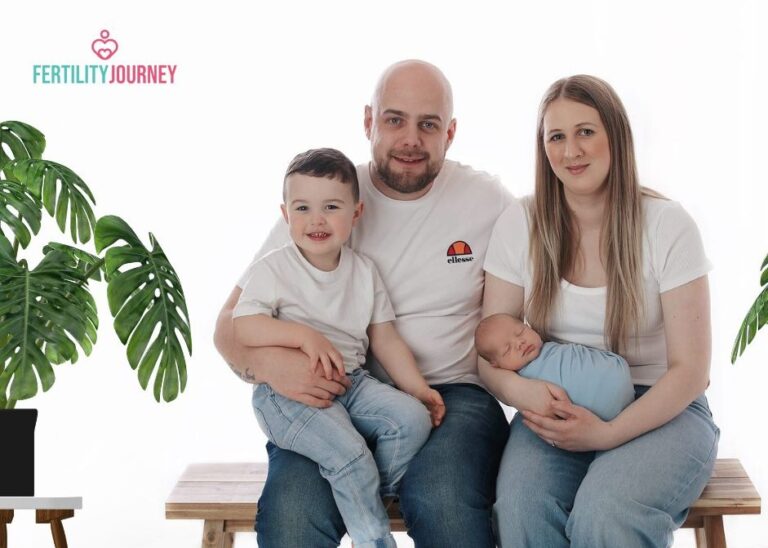Lister fertility clinic writes…
Christina and Patrick are participating in the egg sharing programme at the Lister Fertility Clinic.
The couple attended their initial consultation in May with Dr Yau Thum, a fertility counsellor and an egg donation nurse. During the initial consultation, Dr Thum went through the couple’s fertility issues and it was agreed that IVF was the best option. Christina and Patrick wanted to embark on the egg sharing programme and, at the same time, agreed to be a part of Fertility Road’s Fertility Journeys project in order to share their experience with other couples.
During the initial consultations, many issues were discussed, which include the IVF procedure itself, risks of complications and all the issues regarding egg sharing, to include psychological, legal and social implications. Most importantly we discussed the chances of achieving a positive outcome for the couple, with Dr Thum explaining that by donating half her eggs for the egg sharing programme it would not reduce the couple’s chance to achieve a live birth.
The chance of the couple achieving a pregnancy was 73%, and during the consultation with Dr Thum, a treatment protocol was decided based on Christina and Patrick’s medical and fertility history.
Following the consultation, the couple were seen by a fertility counsellor to discuss the legal, ethical and social implications and HFEA registration. The counsellor took the time to talk through issues Christina and Patrick had about their treatment and donation. After seeing the counsellor Christina was seen by an egg donation nurse where her screening blood tests were done. It is routine to send a letter to the patient’s GP about their treatment plan and to make sure there are no contradictions for the donating of her eggs.
The couple’s GP responded promptly and Christina’s screening results were back within four weeks. At that point Patrick was advised to have his screening tests. The egg donation nurses reviewed the screening results, which were all clear, and Christina was ready for matching with a suitable recipient.
Christina’s donor profile would be given to a recipient – the information would include her age, height, ethnicity, eye colour, skin colour, hair colour, body type, education, occupation, hobbies and relevant medical history. Christina was accepted by a recipient within 24 hours. She was informed that she had been matched and we obtained her cycle and travel dates in order to plan and synchronise her treatment with the recipient.
In general, after initial consultations we would expect the egg sharer to start the treatment in around 6-7 weeks. This includes 3-4 weeks for the screening results and the letter from the GP, one week to match the egg sharer with a recipient and around two weeks to synchronise the egg sharer and recipient’s cycles. In some cases it may take longer to fi nd a recipient match because of suitability.
UPDATE – August 20th:
Christina and Patrick’s treatment cycle was planned as agreed during the initial consultation and she started stimulation in the second week in August. The plan was for her to administer injections for two weeks to stimulate her ovaries to produce eggs. During this stimulation stage she attended the clinic multiple times for scans to check how the follicles were developing and to ensure the endometrium was growing thicker, which it was. Usually the egg collection procedure is performed after two weeks of stimulation. Christina took a fi nal trigger injection 36 hours before egg collection and Patrick provided a semen sample for IVF with ICSI.
In terms of the eggs, there were taken to the embryology lab where they were split. Half were donated to the recipient and the other half left for Christina and Patrick’s treatment.
The lab will perform ICSI where the embryologist will inject the sperm into the egg to help fertilisation.
After egg collection the lab will culture the embryos to a blastocyst and Christina will attend the clinic up to 3-6 days later for her embryo transfer.
We look forward to seeing Christina and Patrick again in the coming weeks and will continue to update on their Fertility Journey.
Christina writes…
We have now started the next step of our Fertility Journey and are so excited that Lister Fertility have found a match for us – it’s all starting to feel so real now. The next step was our treatment planning appointment. This was given to us very quickly. When we attended the nurses were so helpful and made us feel excited and hopeful.
At this appointment the nurse gave us lots of paperwork to complete plus consent forms – again this made the process very real. We were also given all our medication and a schedule with scan dates and blood tests so that we could keep an eye on the process and monitor all aspects of the treatment. The nurse showed us how to mix the medication and how to inject – she was very patient and answered all our questions.
As we left the clinic with all the paperwork and a bag of medication it sank in that we were finally doing this; we felt so many emotions – excited, happy, scared, but overall that a weight had been lifted off our shoulders. We were finally getting the help we believed we deserved.
The next day I started the pill. I was told to take this to regulate my cycle with that of my match. I took it for about two weeks and once we were synced it was time to start the injections. Dr Thum placed us on the short protocol meaning the pill had made my womb lining nice and thin.
I had to take two injections daily in the evening to make my follicles grow. Patrick agreed to do these for me; I felt better that he was doing them as it made it more like a team effort – he has been just as much a part of the whole process as me so it’s great to carry it on this way with new tasks.
After the first few injections, I didn’t really feel any side-effects but as time went on I started to get quite emotional, bloated and tired. The effects did not faze me though; I knew what we were working towards, and overcoming physical and mental challenges has always been a strength for Patrick and me – this was just another one along the way.
We’ve had ups and downs during the injection process and I think couples should be aware that this can place quite a strain on the relationship – there are so many hormonal changes so it’s to be expected – but like all challenges, this passes.
As the second week of injections approached it was time for our first scan. We were so nervous as this was our first time and we did not know if we would respond to the drugs.
The scans and blood test were to check on growth and to assess my own wellbeing. The nurses at Lister were great and explained everything they did and what it meant. We’ve never felt anything other than we were in the right hands.
When we saw the nurse at our last scan she assured us our treatment had gone well and they could see 18 follicles ready to be collected. We could not believe it – egg collection was finally in view and the treatment had worked.
The next day we were told to stop injections and take the trigger injection at 10.30am. The time was very specific as this would also be the time of egg collection. This would be our last injection and it all felt very strange and overwhelming.
When we arrived at The Lister Hospital for our egg collection the staff were so comforting and this made me feel very relaxed. We had our own room and were monitored very closely from the minute we arrived.
The process itself was over in half an hour and I was then left to recover. I felt a bit crampy and tired afterwards so was offered pain relief and this helped. The nurse brought food and supplies to me and the doctor who performed the collection then came to our room to advise us on the number of eggs retrieved – we got 11 and were very happy with this number.
It was all very emotional and another step closer to our dream. This also meant I could give my recipient five eggs and keep six for ourselves.
Afterwards, I felt well enough to leave and the nurse discharged me, advising me to rest at home. Patrick has been on nurse duties since! He has been great throughout.
We then had to wait 24 hours for the embryologist to call with our fertilisation rates. This was extremely nerve-racking for us and to be honest I don’t think I slept at all. As we were doing ICSI we knew the eggs had to be mature to accept the injected sperm and as I write this it has been the longest 24 hours ever.
We will find out tomorrow the outcome of our little embryos and are very hopeful for a positive outcome. It’s so exciting knowing we are near the end of our journey. Fingers crossed…




